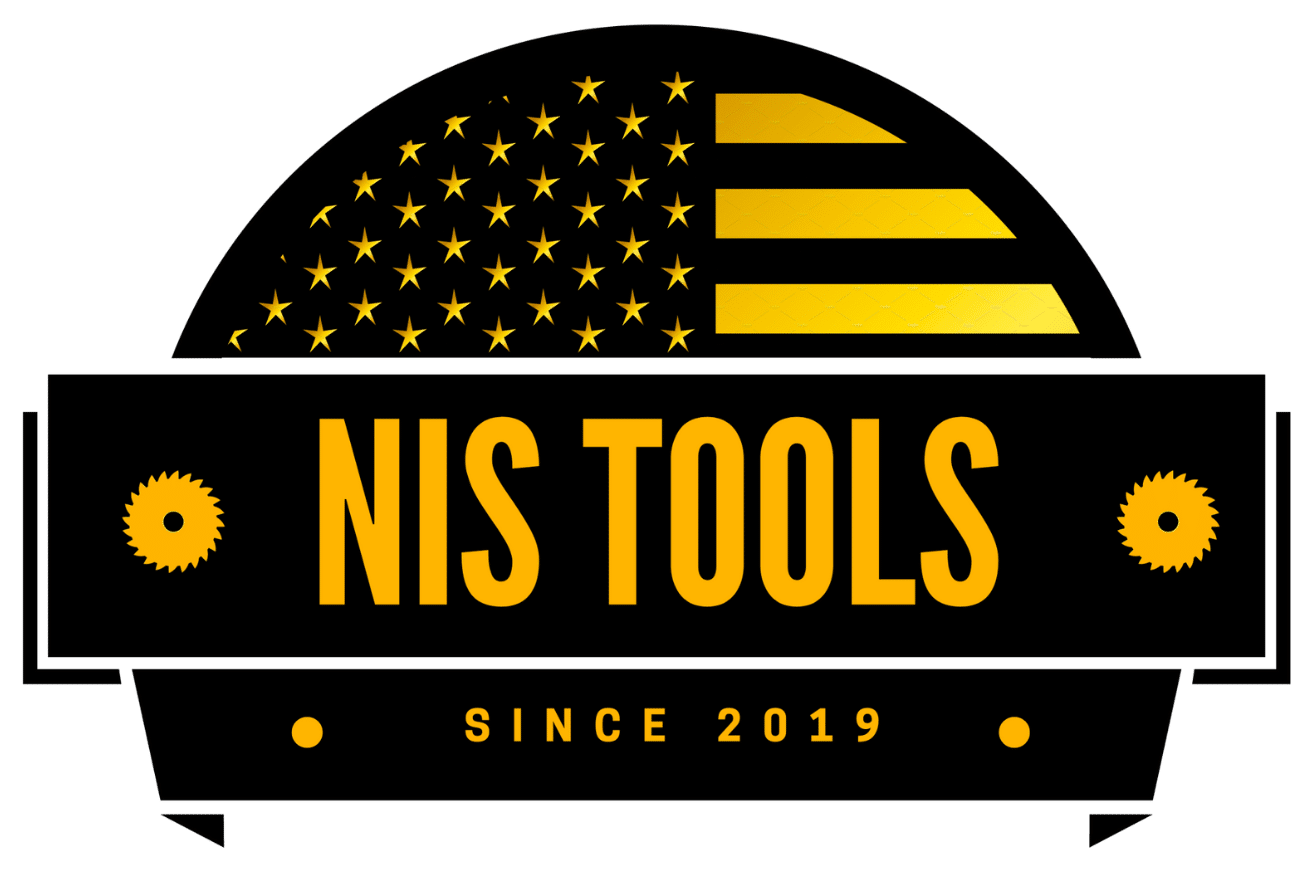OUR SUPER DEALS!!
-
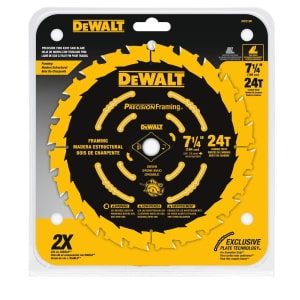 DEWALT CARBIDE BLADE & SAW SPECIAL$990.00
DEWALT CARBIDE BLADE & SAW SPECIAL$990.00 -
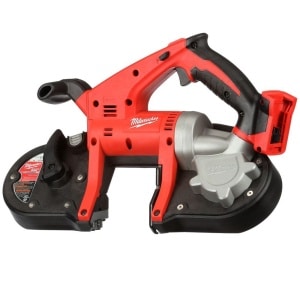 MILWAUKEE CORDLESS BANDSAW BLADE SPECIAL$890.00
MILWAUKEE CORDLESS BANDSAW BLADE SPECIAL$890.00 -
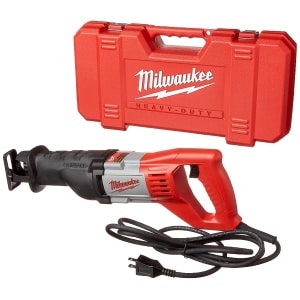 MILWAUKEE SAWZALL BLADE SPECIAL$598.00 – $798.00
MILWAUKEE SAWZALL BLADE SPECIAL$598.00 – $798.00 -
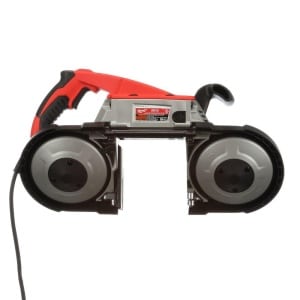 MILWAUKEE BANDSAW BLADE SPECIAL$790.00
MILWAUKEE BANDSAW BLADE SPECIAL$790.00 -
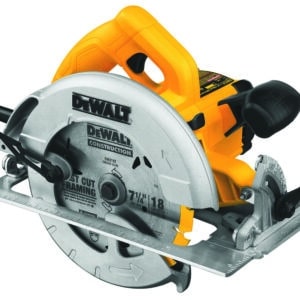 CARBIDE TIPPED SAW BLADE SPECIAL$699.00
CARBIDE TIPPED SAW BLADE SPECIAL$699.00 -
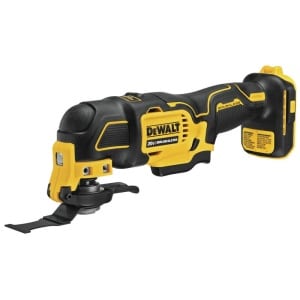 DEWALT MULTI TOOL BLADE SPECIAL$499.00
DEWALT MULTI TOOL BLADE SPECIAL$499.00 -
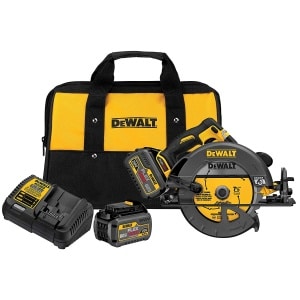 DEWALT 60V FLEXVOLT CIRCULAR SAW KIT SPECIAL$449.00
DEWALT 60V FLEXVOLT CIRCULAR SAW KIT SPECIAL$449.00 -
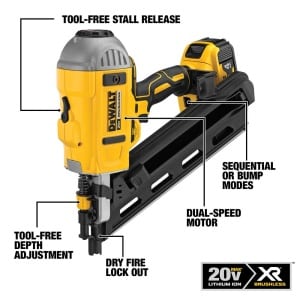 DEWALT 20 VOLT MAX FRAMING NAILER KIT SUPER SPECIAL!!$399.00
DEWALT 20 VOLT MAX FRAMING NAILER KIT SUPER SPECIAL!!$399.00 -
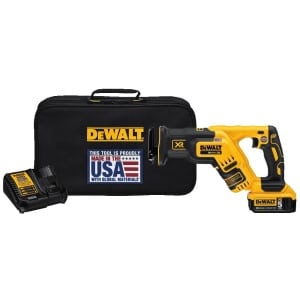 DEWALT 20V MAX RECIPROCATING SAW KIT SPECIAL!!$299.00
DEWALT 20V MAX RECIPROCATING SAW KIT SPECIAL!!$299.00 -
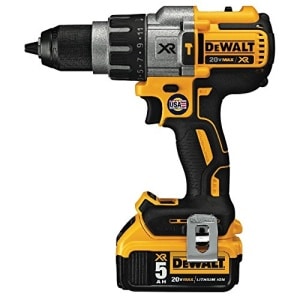 DEWALT 20V MAX HAMMERDRILL KIT SPECIAL!!$299.00
DEWALT 20V MAX HAMMERDRILL KIT SPECIAL!!$299.00 -
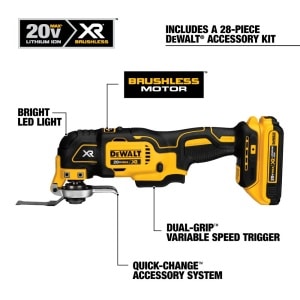 DEWALT 20V MAX MULTI-TOOL SPECIAL$259.90
DEWALT 20V MAX MULTI-TOOL SPECIAL$259.90 -
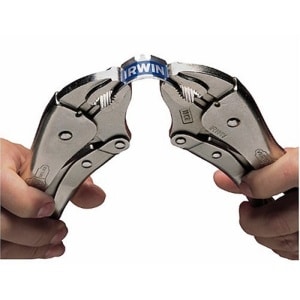 IRWIN BLUE BI-METAL UTILITY KNIFE BLADE SPECIAL$99.00
IRWIN BLUE BI-METAL UTILITY KNIFE BLADE SPECIAL$99.00
Product tags
act
atlas
Cabinetry
Cabintery
carpentry
CHEROKEE
cut resistant
Dewalt
diamond
diamond blades
electrical
Eyewear
FASTENING
flashlight
FLOORING
Framing
Freud
hvac
hybrid
Irwin
jersey
jumper cables
LANDSCAPING
leather
masonry
mechanics gloves
metal cutting circular saw
metal drill bit
Milwaukee
Neiko
NITRILE
plumbing
Plumbing & HVAC
reciprocating saw blades
Roofing
Safety
Sawzall
Tenryu
tile
Tile & Flooring
tile & masonry
Welding
Welding & Mech
winter gloves
Woodworking
